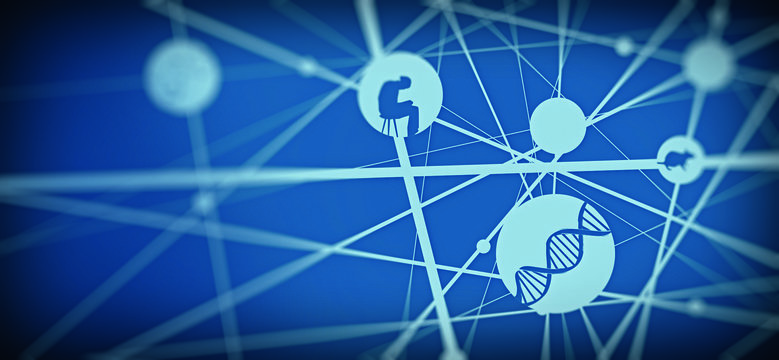Cannabinoid drugs (e.g. the active principle of the plant cannabis, 9-tetrahydrocannabinol, THC) exert several effects on the brain via the activation of the G protein-coupled type-1 cannabinoid receptors (CB1). On the other hand, CB1 receptors are part of a physiological system (the endocannabinoid system, or ECS), through which the particular endogenous signaling molecules (the endocannabinoids) control a plethora of brain functions. The effects of exogenous cannabinoids and the physiological roles of the ECS are only partially overlapping. This is likely due to the fact that the ECS has patterns of activation that are extremely regulated in time and space, features that are obviously overcome by massive stimulation of CB1 receptors by exogenous drugs.
[more]

